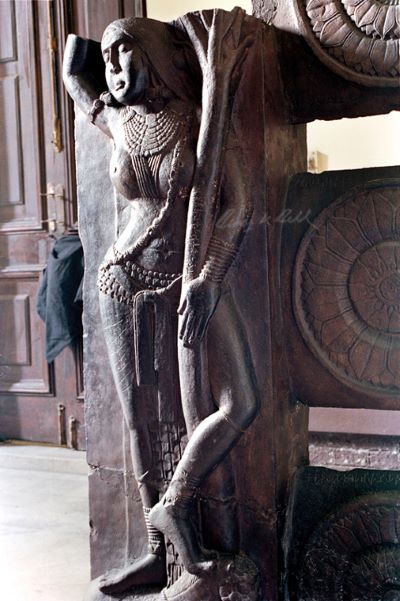Benoy K Behl
It was the beginning of the First Millennium BCE. There were many principalities of the northern plains of India. Some of them were Gana-Sanghas, with an elected council that ruled. In others, the concept of hereditary leaders was evolving. It was a time when great philosophic concepts, which were to last forever, were being crystallised. By the 8th century BCE, the beautiful verses of the early Upanishads were composed, out of the continuing philosophical traditions of the land.
These verses spoke of the oneness of the whole of creation. The world of separated forms, which we see around us, was considered to be samsara, an illusion. We perceive this illusory world through our senses which are subjective. The high purpose of life was to transcend these limitations: to lift the veils of illusion and to see beyond: to perceive the unity of all that there is and thereby to break out of the spell of the transitory world. The main illusion which keeps us bound to the material world, forever seeking its fruits and benefits, is the ego. We imagine ourselves to be distinct and separate entities and forever chase our ambitions and desires. The spell has to be broken and all desires have to be left behind, in order to attain the peace of the eternal truth.
